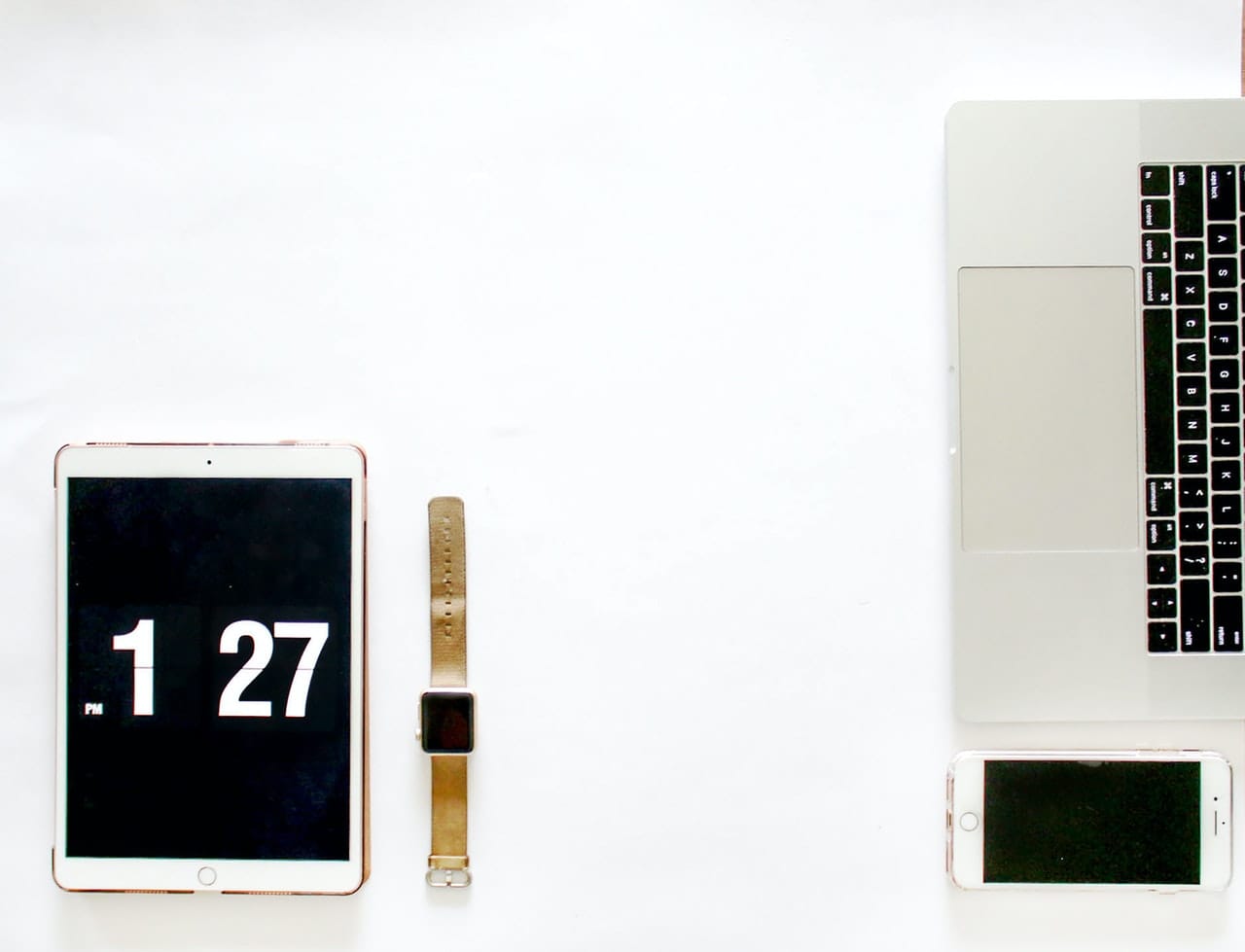Here’s how the Merriam-Webster dictionary defines credit: “The provision of money, goods or services with the expectation of future payment.” So, through credit, consumers are able to make purchases using money they don’t yet have; the condition is that they must pay off what they’ve borrowed by a certain due date.
This sounds pretty simple on principle. But in practice, it can be complicated. Many consumers find themselves unable to pay the amount they’ve borrowed by the time it comes due. It’s very commonplace to carry credit card debt in America, for instance—the average U.S. household has credit card balances totaling thousands of dollars. Credit affords people the opportunity to make big-ticket purchases like buying a home, vehicle, education, etc. But it can turn into a dangerous cycle if balances go unpaid for too long.
You may have heard the term “charge-off” before in relation to credit card debt but are unsure what it is or when it occurs. Keep reading to learn more about charge-offs, how they affect credit score and what you can do to tackle your debts once and for all.
What’s the Deal with Charge-Offs?
When people are unable to keep up with credit payments, they start to pay late or miss deadlines altogether. This turns into delinquent debt. Creditors, depending on their policies, will typically report debts to credit bureaus once they’re 30, 60 or 120 days late. The borrower will see a drop in their credit score as a result. After 180 days of not receiving the minimum payment, many creditors will write off the debts as unlikely to be paid in what’s called a “charge-off.”
Here’s another way to look at it: After six months, your creditor is essentially giving up on you paying what you owe. But this doesn’t get you off the hook. Rather, creditors will then sell your debt to a third-party collector. The result? You’ll almost certainly receive bothersome collection calls and notices. But, more importantly, you’ll earn a black mark capable of staying on your credit report for seven years. You may have a harder time securing credit in the future when potential creditors see a charge-off on your record.
Although a charge-off represents your original creditor writing off your debt after 180 days of non-payment, it’s important to remember this doesn’t necessarily release you from the obligation of paying said debt. It’s still your responsibility to do so, and your credit rating will suffer until you do. You may even face a lawsuit if a collector decides to take you to court, which could result in wage garnishment or seizure of property to pay back the debt.
Dealing with Charge-Offs and Debt
Avoiding a charge-off means making at least the minimum payments on your debts. If you find yourself struggling to do so, it’s time to look at debt relief options to help you climb out of the wheel of debt before things get dire.
You may enlist the help of a credit counselor, who can help you come up with a repayment plan perhaps at a reduced interest rate. You may decide it’s wisest to take out a consolidation loan, using it to repay debts at risk of becoming charged-off—then you’ll be responsible for repaying this loan, of course. As many Freedom Debt Relief reviews reveal, some people in over their heads with delinquent debt find success with debt settlement because it helps them negotiate with creditors to hopefully reach a compromise. In extreme circumstances, you may find bankruptcy is the best way to wipe your debts, although this strategy will also put a dent in your credit score.
The most important thing to remember about charge-offs is that they’re downright dangerous to ignore. Doing so will hurt your chances of getting credit in the future. Paying a debt partially is better than paying nothing at all—and anything you can do to communicate constructively with creditors will help your cause.









